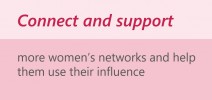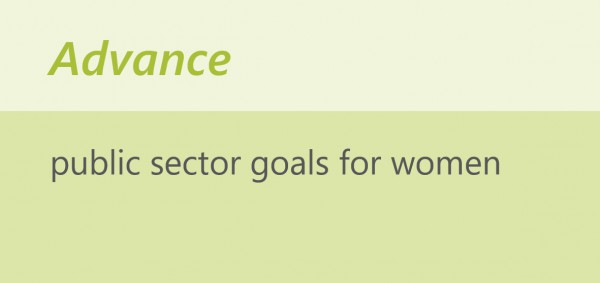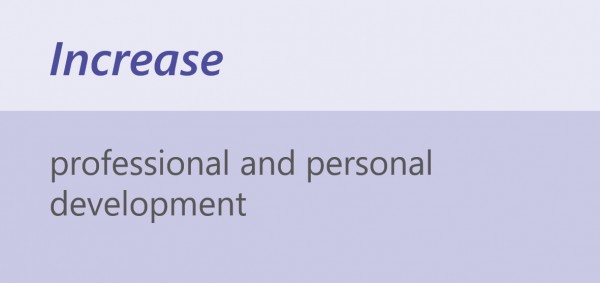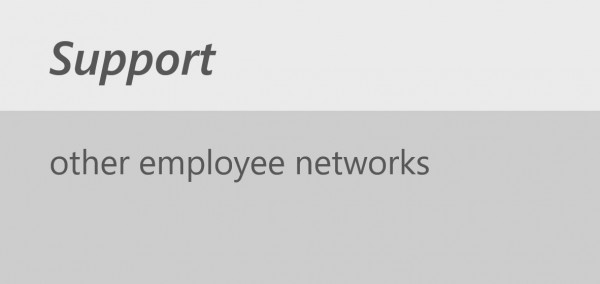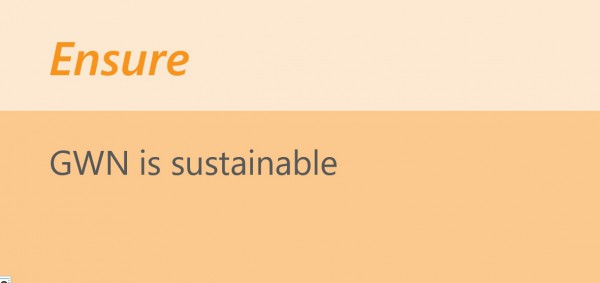Cross agency cross network mentoring trial report
|
GWN Strategy Priority Area |
Principles |
Plan |
Insights from the trial |
|
|
Keep it small and simple Take an iterative and open approach Test the assumptions and logistics of a cross-agency mentoring scheme. By using our reach to we can support the career goals of two mentees.
|
For the trial, test the idea of using GWN representatives to reach mentors in other agencies. Run the trial over 6 -9 months. Have clear parameters for time commitment: 1 hour per fortnight, 6-9 months in line with good practice. Confirm that participants (both mentors and mentees) and have internal agency resources on mentoring which they can draw on. For the trial, we assume women who volunteer to mentor have a good understanding of what a mentor/mentee relationship can look like and the benefits. |
Mentees Need expressed from mentees in agencies without a mentoring programme or a smaller agency or both. The trial sought to explore opportunities to progress professional development, create connections and offer support for early career public servants to gain from experienced public servants. Reverse mentoring was also proposed to ensure that experienced public servants continue to learn from younger counterparts and remain connected to the changing face of the public service. Diversifying the modes in which the mentors EOIs could be shared would enable the mentees to understand mentors’ personalities a bit better. In a future trial, the option of submitting profiles by doing a short video, could be trialled. Whakawhanaungatanga needs to be more frequent and targeted to ensure mentees felt connected with other mentees during this journey and have a mentee cohort.. Having collaborative mentee mentor sessions can enable discussions on ways to leverage the most of mentors. It is important for mentees to not know what their career direction is right at the start of mentoring and for them to discover this as they go.
Mentors Expressions of interest sought from women who wanted to mentor early career public servants from a different agency to their own. The profiles of the mentors were shared with the mentees. |
|
|
Profiles of the mentees will be kept “blind” to eliminate bias in the selection/matching process. [Note this to be tested] Everything we do will respect all participants’ mana and confidentiality. |
We will use GWN Network Reps to seek mentoring volunteers. A list of desired mentor qualities will be provided to maximise the fit and usefulness of the trial. |
Mentees- Useful in joining up knowledge across the system. Mentees felt redirected in their careers. Out of the 4 mentees, 3 advanced their careers, moved into bigger agencies into senior roles and even shifted cities. It was useful to have guidance on getting to know the various options within the public service (from a cross-agency perspective) and therefore the range of opportunities available.
Mentors- mentors felt rewarded to have been able to support their mentees. They also felt more confident to be mentors for others moving forward. One mentor wanted to be able to assist women who are planning to start families since there is a gap in support offered for those making this decision. As a mother of a young child, she knew it is a challenge to balance a career and a family and it can often be difficult to have these conversations in the workplace. |
|
|
The trial will help increase awareness of the opportunities and challenges of other agencies for both parties. It will help identify different opportunities and think of careers differently. Mentors will gain insights into career pathways and the perspectives from mentees who are at an early stage of their careers. |
Use insights from the trial to learn what works and areas to be considered for a future model, if successful. Collect feedback from participants on what works and what can be improved. |
Mentees- 3 of the mentees felt that the mentors had helped them to enhance their professional development. One mentee said that the task-based approach helped her to take on one issue at a time and when she looked back, she realised how far she had come from the start of the journey. While she hadn’t changed her role or agency, at the end of the trial she had come out with a whole new direction. Without the guidance from her mentor, she may have continued to feel unfulfilled in her current role. In one instance, it was felt that professional development expectations were not fully met by the mentor. This was attributed to a divergence in personalities and expectations. Mentors- all the mentors had wanted to give back and empower young and early in career professionals. The trial ‘kept them on their toes’ and they were able to draw from their experiences to work with mentees. A social meetup for mentors, in a future trial, could ensure a space for mentors to exchange ideas and learn from peers. Overall, there was a great value in being mentors across agencies and the ELN team’s efforts to maintain just the right balance of communication without being overbearing was appreciated.
|
|
|
|
If successful, a cross-agency trial model could be developed in collaboration with cross-agency reps to expand learning and opportunities. |
This trial involved two mentees from the Cross-Agency Rainbow Network (CARN) adding an intersectional lens. The success of this trial has paved the way for expanding this trial to CARN and a number of other networks. The future iteration will see collaboration between the GWN team (now the ELN team) and members of CARN. It will also incorporate specific feedback from the mentees and ensure this is reflected in how mentors are selected for the next version. |
|
|
|
|
The mentoring trial was overall a successful initiative given that the mentees and the mentors felt that they had made progress in their journey of 9 months. The cross-agency aspect was valued since it promoted a safe space, access to wider perspectives and gave an opportunity to cross-pollinate ideas and view opportunities outside of an agency/ entity lens. GWN’s reach as a cross-agency network was extremely useful in being able to connect different ELNs to ensure that there was a diversity of experiences in the process. Work is underway to take advantage of the ELN team’s expanded mandate to bring together cross agency ELNs for mentoring to become more intersectional, thereby ensuring the best possible experience and outcome for mentees. |
